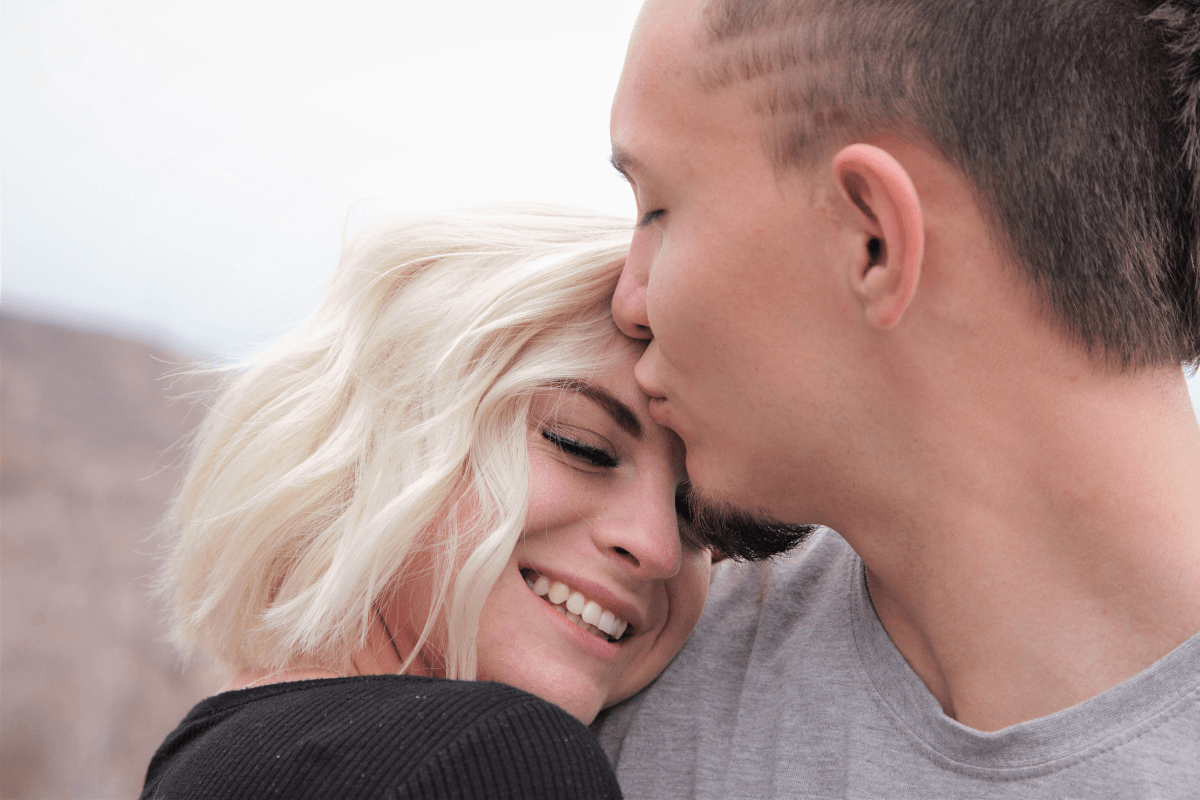All posts
The dos and don’ts of dating a bisexual
Navigating any new romantic relationship can be an exciting yet delicate dance. But dating someone who is attracted to multiple genders can raise some unique questions or insecurities – particularly for people who aren’t part of the LGBTQIA+ communities themselves. This Bisexual Awareness Week (16-23 September), we’d like to offer some advice for dating someone […]


Navigating any new romantic relationship can be an exciting yet delicate dance.
But dating someone who is attracted to multiple genders can raise some unique questions or insecurities – particularly for people who aren’t part of the LGBTQIA+ communities themselves.
This Bisexual Awareness Week (16-23 September), we’d like to offer some advice for dating someone who identifies as bisexual to help you nurture a healthy and respectful relationship.
Here are some important dos and don’ts of dating a bisexual or pansexual.
Do: Take time to learn about the community
Make an effort to learn about the bisexual community as well as all the LGBTQIA+ communities.
Educate yourself on important things like respectful terminology, culture, and issues faced today and historically.
Learn about biphobia and bi-erasure, and support your partner to share their experience and express their identity.
Remember: Just as not all straight people are the same, neither are all bisexuals. The best way to learn about your partner is to ask questions – just be mindful of being respectful and avoiding biphobic stereotypes (more on that below).
Organisations like Minus18 and LGBTIQA+ Health Australia have some great resources to help you learn more about bisexuality and the LGBTQIA+ communities.
Don’t: Ask biphobic or invalidating questions
While it’s fine (and encouraged) to be curious and ask questions, there are some questions and assumptions that can be biphobic and offensive.
For example, don’t ask your partner “Which gender do you prefer?” or “Is it just a phase?”. These can reinforce unhelpful stereotypes and make your partner feel invalidated and misunderstood.
Some individuals who identify as bisexual can feel like they don’t quite belong in the queer community, especially if they’re in a traditional heterosexual relationship.
Be mindful to avoid harmful stereotypes and understand and affirm your partner’s sexuality.
We offer tips to be a good listener in this blog post.
Do: Be a genuine ally
While someone’s sexual identity shouldn’t define them, it can still be a large part of who they are and have a significant impact on how they experience the world around them. Your active support and allyship can be incredibly affirming and important for your partner.
Along with learning more about the bisexual community, make an effort to be vocal and visible in your support for LGBTQIA+ folks and their rights.
Pay attention to what’s happening in the news and offer to join your partner at LGBTQIA+ events and rallies. FYI: The bisexual flag is pink, purple, and blue!
Don’t: Assume your relationship defines their sexuality
No, bisexual people don’t magically become straight when they’re in a relationship with a heterosexual partner.
Your relationship status does not change your sexuality. Assuming your relationship defines your partner’s sexuality rejects a huge part of their identity and their past, and falls into that bucket of biphobia/bi-erasure.
Respect your partner’s bisexuality as part of their identity regardless of your relationship.
Do: Trust them as you would any other partner
A common harmful myth about people who are attracted to more than one gender is that they are more likely to cheat because their dating pool is larger.
Bisexual or pansexual people are no more likely to cheat on you than anyone else.
Just because your partner is attracted to multiple genders doesn’t mean they’re attracted to everyone, or that they’re going to be unfaithful or wish for a polyamorous relationship.
If you’ve agreed to a monogamous relationship, trust your partner as you would any other partner.
Remember to communicate any insecurities or concerns with your partner respectfully, and don’t make assumptions about how they feel based on their sexuality.
Keep in mind that excessive jealousy and constant accusations of cheating in a relationship can be forms of coercive control.
At the end of the day, dating someone who is bisexual or pansexual should involve the same level of respect, trust, love, and support as dating anyone else.
Approach the relationship with an open mind and an open heart, and remember that your partner chose to be with you over anyone else – so you must be pretty special!
If you’re having a tough time in your relationship, talking to a counsellor can help you explore your feelings and potential coping strategies. Learn more about our counselling services or call 1300 364 277 to make an appointment.
If you found this blog post helpful, you might enjoy our tips to bring out the best in your partner.
Back to all posts